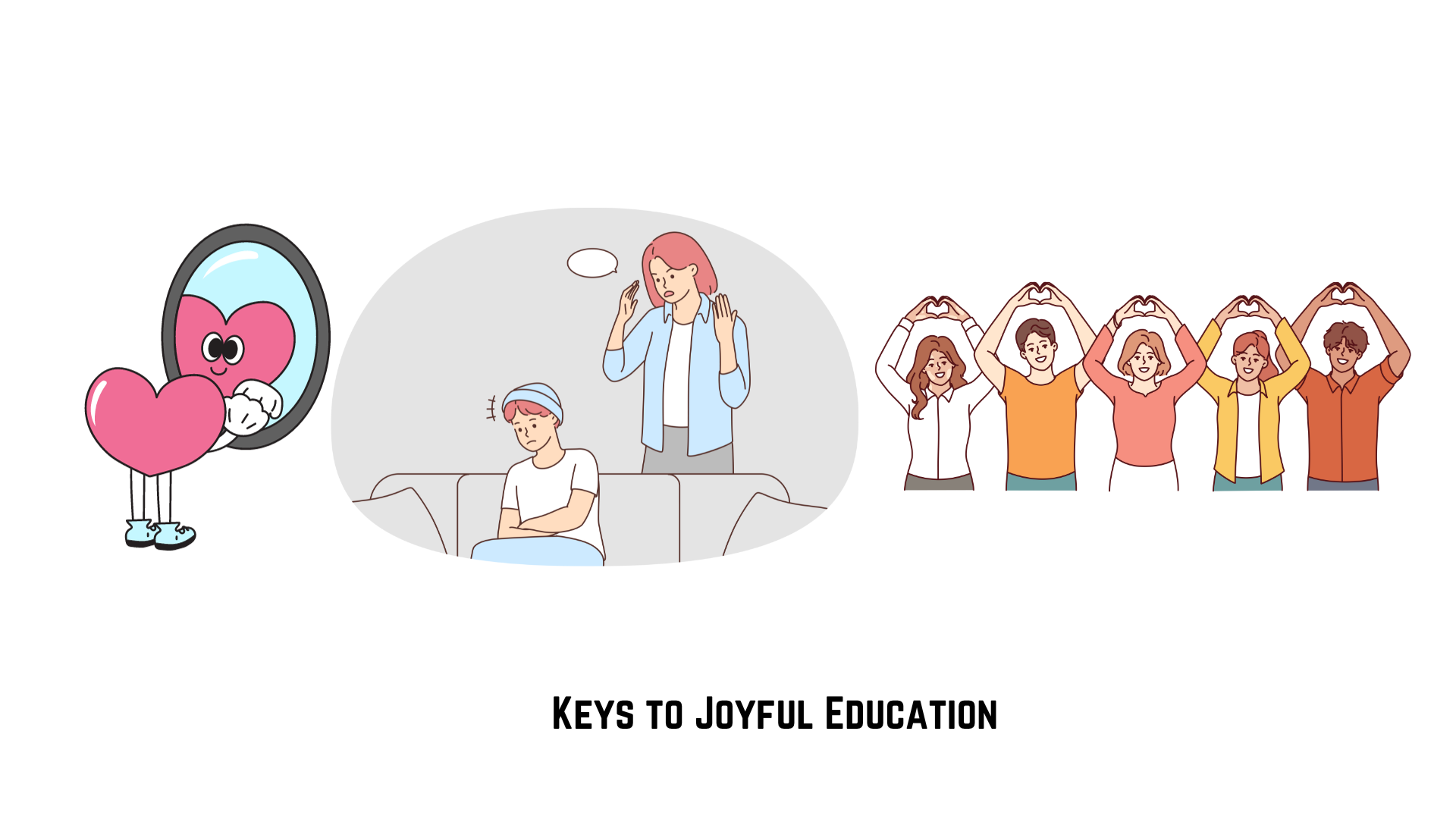Trending Now
- 830 voters names go missing in Kavundampalayam constituency
- If BJP comes to power we shall consider bringing back electoral bonds: Nirmala Sitaraman
- Monitoring at check posts between Kerala and TN intensified as bird flu gets virulent in Kerala
Columns
Beep song controversy: A study in hypocrisy
![]() January 1, 2016
January 1, 2016
Nandini Krishnan
Since the Beep song was unleashed on the internet, and found its way into the eardrums of a group of activists, it has set off a series of events which make one itch to write a satirical play.
Actor Simbu, who wrote and sang and perhaps composed the song, is apparently on the run. Music director Anirudh Ravichander, who is believed to have been somehow involved in its making, has dissociated himself from it. While the offended try to incriminate him, police have reportedly formed teams and alerted airports to nab Simbu, as if he were some sort of high-flying criminal. His mother has broken down on camera and said the family wants to leave the state; fortunately for her, her declaration provoked a more muted response than Kiran Rao’s, perhaps because it has been lost in the din of general opinion from Kollywood, which is apparently “divided” over the song. And, even as crime on the street goes on, police resources are being spent on figuring out who uploaded the video.
I tried to listen to the song, and failed. I couldn’t take Simbu’s tuneless mumbling, and as far as I could make out, the words in the song – I would shudder to call them ‘lyrics’ – do not comprise anything that I haven’t heard in the streets of Madras. Indeed, several have been directed at me by the gallants that populate its alleys.
But there are several things about the controversy it has stirred that bewilder me.
First, why are we so quick to take umbrage? How can we insist that someone should be deprived of the right to make something that does not appeal to us? Isn’t it an infringement on free speech in a country that is already keen to ban anything that is deemed “offensive” by anyone? Of course, the Beep song isn’t high art by any stretch of the imagination. But one should have a right to free speech, irrespective of how vacuous that speech may be.
Second, I find it hilarious that so many people belonging to the film industry have called the song “misogynistic and vulgar” – incidentally the same words used by Tamil writer Charu Nivedita to refer to the song, which tickles me because anyone who has had the misfortune of reading his books or blog would know that he is no advocate for gender equality and no enemy to objectification of women (or their anatomy).
And since when has mainstream cinema, produced by any of the –ollywoods, shied away from being misogynistic or vulgar?
Isn’t that why stories that do not appeal to our crude and coarse instincts are quickly slotted under other categories – “independent cinema” and “women-centric cinema” and “alternative cinema”?
The defenders of our mainstream cinema would call it “escapist”. But doesn’t it adhere to, if not define, our realities?
Heroes routinely sexually harass the heroines into falling in love with them, and whether it is reflective or advocative, we know that this happens every day in our lives. From adolescence to eternity, we are stalked and harassed by men who follow us and catcall and pinch and grope on the streets. Because it is perfectly acceptable for Dhanush or Salman Khan to do this, isn’t it?
Typically, this heroine is also stolen away from a perfectly eligible man who respects her and cares for her, but – hey – has a day job, and so cannot spend twenty hours a day stalking her and the remaining four singing drunken songs with his friends about what a tease she is.
The turning point in most silver screen romances occurs when the girl stops being feisty and becomes mundane. There she is, playing volleyball on the beach and wearing short shorts. There she is, driving a car and stomping about haughtily in a halter top. There she is, making eye contact with the hero. There she is, asserting herself till the hero decides he has had enough, and gives her a piece of his mind, speaking about how femininity is attractive and she is not.
She is finally shamed into changing herself and making him fall in love with her, turning into a Bharatiya Nari who just may bear him progeny, divorcing her direct gaze for downcast eyes, her head weighed down with flowers, shorts discarded in favour of a saree, nubile and domesticated and waiting to mate, acutely aware of and embarrassed by her sexuality.
Tamil cinema is rife with stories of women being raped into submission. As recently as 2007, Ajith Kumar starred in a movie called Varalaaru, in which he forcibly penetrates a woman who snubs his advances and calls him effete. Having intruded into her home – and vagina – he struts down the stairs even as she wails, and encounters her mother. The mother is thrilled that he has tamed her shrew.
It took people a while to figure out that the blockbuster Bahubali featured a woman with a will being tamed into submission. All she needed was a glance at herself as a sexual object, stripped of warrior garb, to fall in love with the man who had violated her body several times with his unsolicited tattoos.
Hindi cinema is not without its own ideas of female beauty and sexuality.
How many films of Shah Rukh Khan’s involve this tomboy BFF suddenly discovering that the surest way to a man’s heart is a translucent saree?
Some of the most popular songs, going back several decades, are loaded with double entendres and graphic imagery of anatomy. If they had not been penned by the famous, sung by the famous, and lip synced by the famous, they would likely have earned their creators a slap in the face from the object of the serenade.
If we have swallowed all that without protest, and participated in the propagation of this theme, helping these films set box office records, why are we so offended by the ‘soup songs’ that the likes of Dhanush and Simbu have embraced?
Are they in good taste? Of course not. But very little of the mainstream cinema mores can lay a claim to good taste.
Do they offend us? I don’t see why they should offend us any more than movies like 7G Rainbow Colony or Kuch Kuch Hota Hai should.
To patronise these films and songs, but cry foul when something quite similar gets on YouTube, is a study in hypocrisy.
Disclaimer:The views expressed above are the author’s own






















